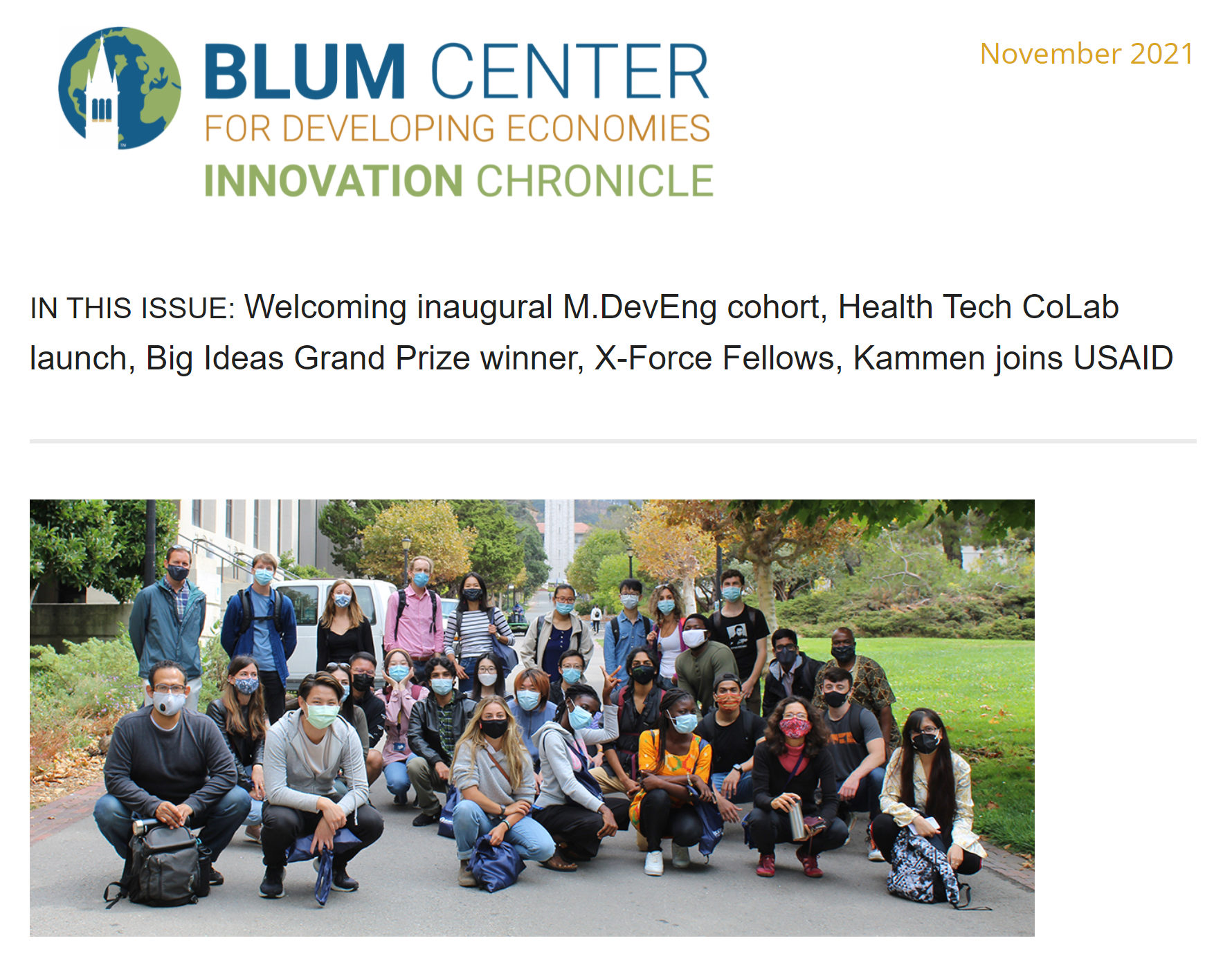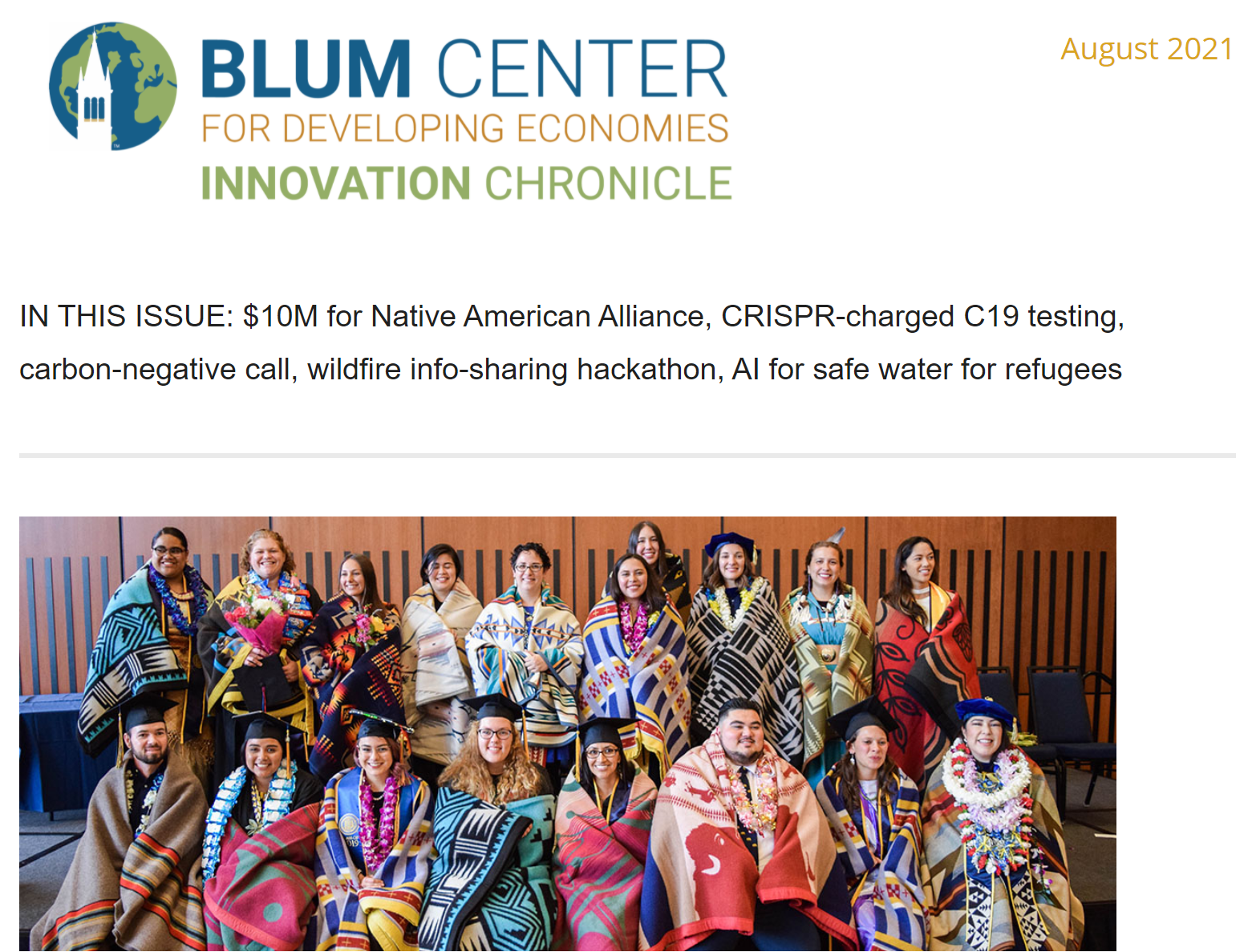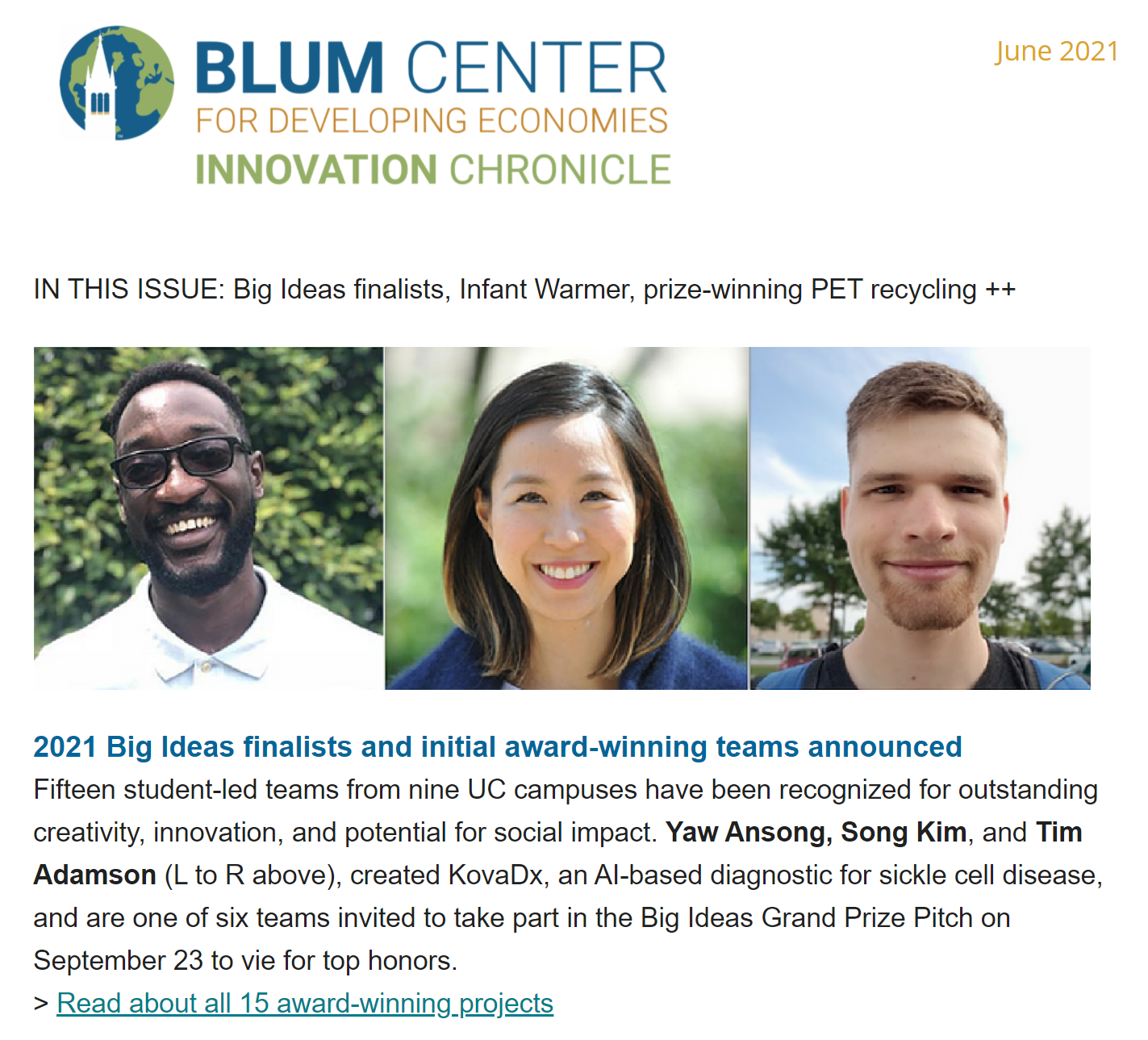Author:
Javier Kordi
Twitter has played a critical role in helping oppressed citizens challenge totalitarian regimes around the globe. Being able to transmit messages to a global audience within seconds, the site has led to a phenomenon that social scientists call “ambient awareness:” the notion that we can possess omnipresent knowledge of the whereabouts of friends, celebrities, organizations, and most recently, the course of history—all through 140-character blurbs of information known as “tweets.”
The micro-blogging service helped overthrow Mubarak in Egypt and challenge information blackouts in China, but in Ananya Roy’s Global Poverty and Practice class, it took on quite a different hue. While the sight of 700 students using their gadgets during class may resemble anarchy for some, a new sort of classroom community was being fostered through the use of Twitter.
 Professor Roy described her mission as establishing “a democratic means of communication, [to] change how we learn and how we interact.” No longer restrained by the convention of hand-raising or one’s shyness, students were given the opportunity to have their ideas heard. In the realm of Twitter, students are free to exchange ideas, challenge others, and even alter the course of the lecture.
Professor Roy described her mission as establishing “a democratic means of communication, [to] change how we learn and how we interact.” No longer restrained by the convention of hand-raising or one’s shyness, students were given the opportunity to have their ideas heard. In the realm of Twitter, students are free to exchange ideas, challenge others, and even alter the course of the lecture.
As Professor Roy delivered her lecture on Jeffery Sachs and William Easterly, a live Twitter feed was projected on the screen behind her. Grouped under the hash-tag #GlobalPov, a mosaic of ideas and commentary materialized behind Professor Roy, back dropping her lecture and adding a new dimension of interaction.
Tara Graham, the architect of this project, explains how it seeks to “encourage a many-to-many lecture”, where “the feed becomes the focal point” of the classroom. Chipping away at the tradition of hierarchical education, the Twitter project restructures social relations within the classroom.
While most professors have chosen to outright ban social networking during class, the approach undertaken by Professors Roy and Graham reflects a new ideology. Tara argues that “the idea in pedagogy is figuring out how to reach the ‘millennial generation’. Instead of complaining about these tools, the faculty needs to start confronting the tools.” This is particularly relevant in the context of the Global Poverty and Practice curriculum, where students are being trained to be active members in the public debates surrounding development. Being a public medium, Twitter allows anyone to join the conversation, but also forces Berkeley students to think of themselves as public scholars— everything they post falls under the scrutiny of the global community.
This is certainly uncharted territory. In the digital age, student’s engagement with scholars shouldn’t be limited to black-and-white texts on the tables of Doe Library. While students discussed the debate between Sachs and Easterly on the #GlobalPov Twitter feed, they were a mere “@” symbol away from sending their messages directly to these scholars’ personal Twitter accounts. Professor Graham concludes: “It can do for academia what it has done for celebrity culture… how people feel like they have a direct connection with the celebrity. Academics don’t have to be so distant… there can be more of a connection.”
Ultimately, Twitter has the ability to disintegrate barriers and foster a new academic community where all voices are heard—even those thousands of miles away from Wheeler Hall.




